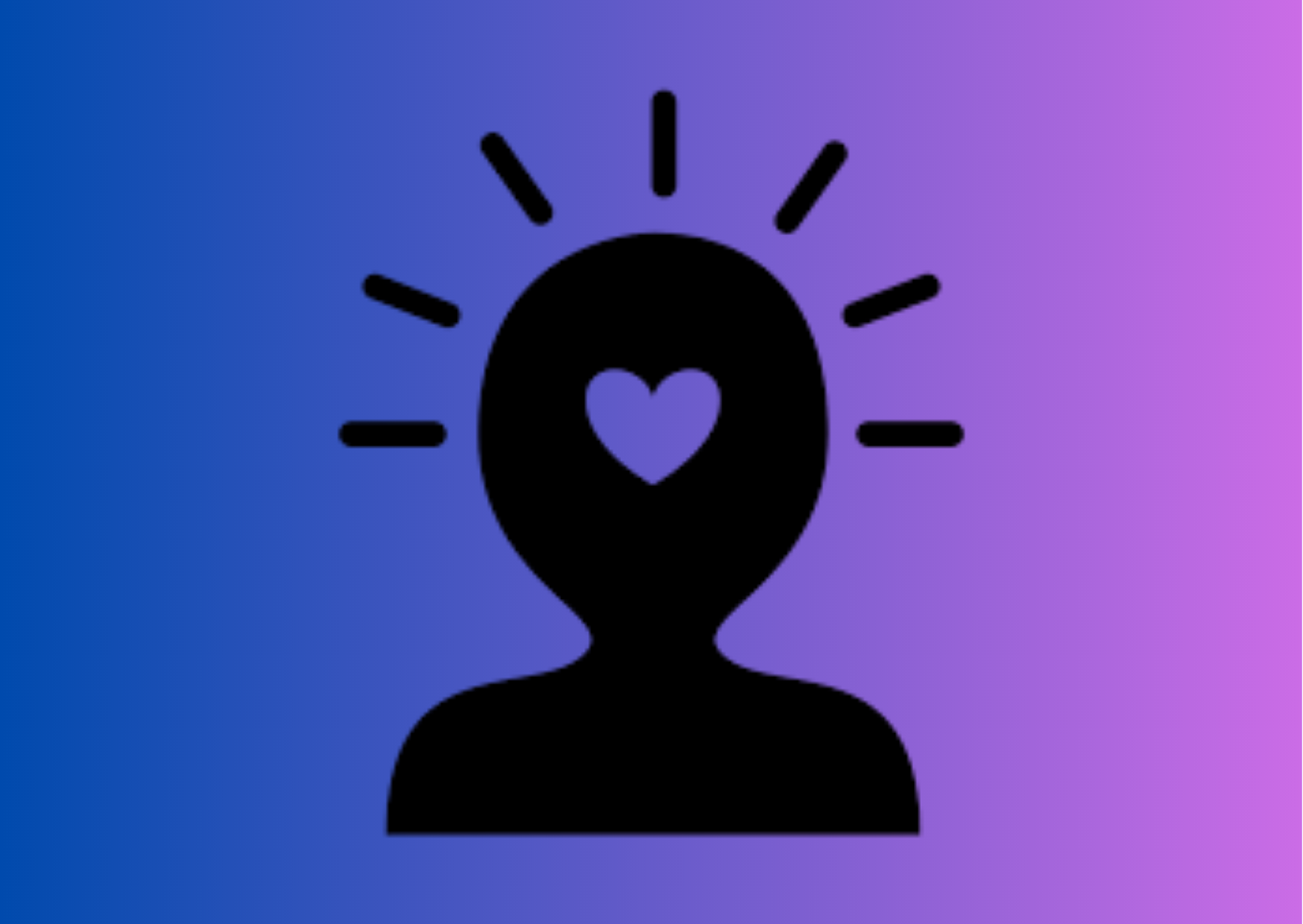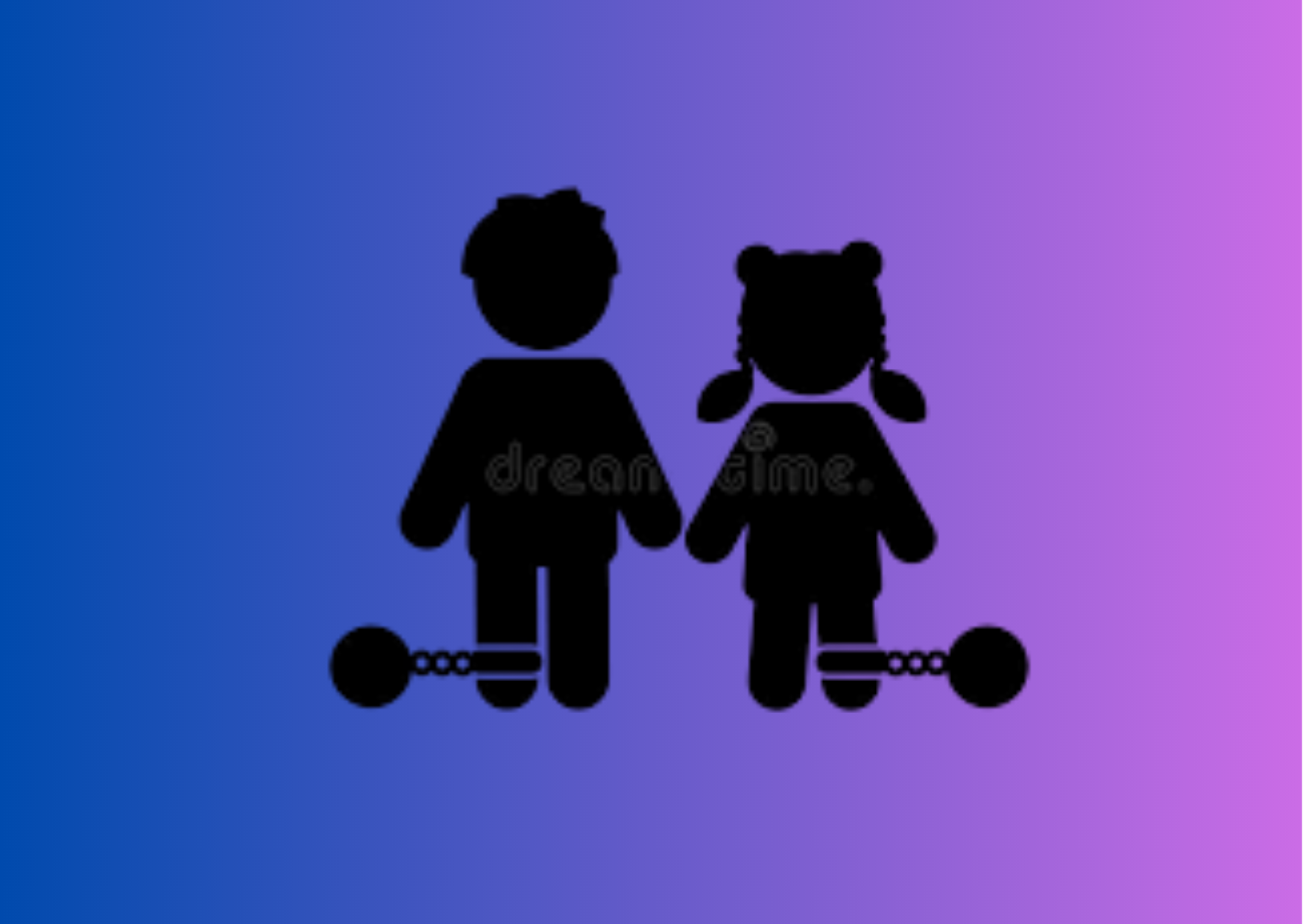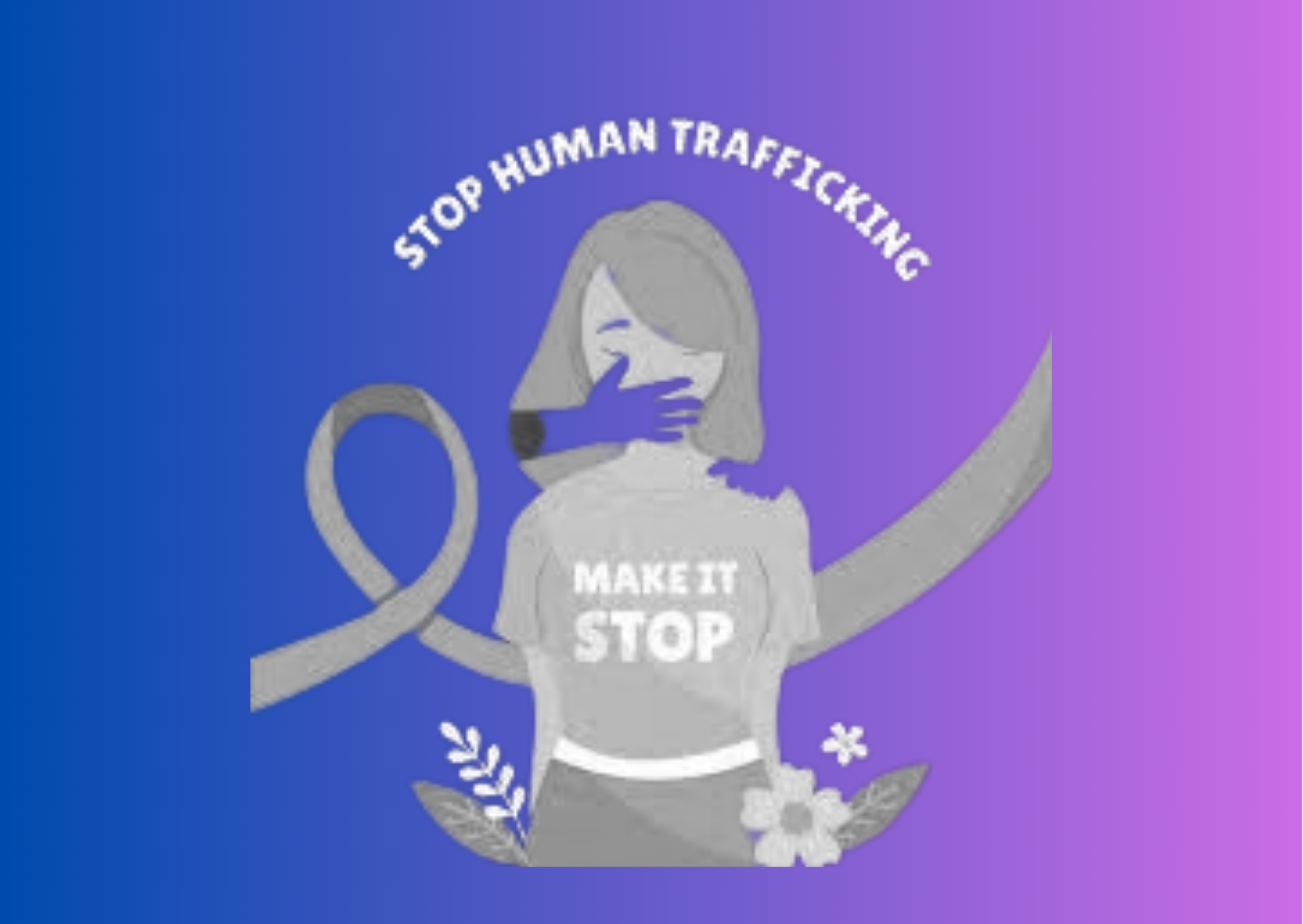Mental Health
- Admin
- 2 years ago

Mental Health
The treatment gap for mental illness is significant all over the world. Around 76% and 85% of people with severe mental disorders in low and middle-income countries receive no treatment for their mental health conditions. In Nepal, according to the data provided by Nepal Police, over 19 people commit suicide every day. The data shows after the COVID-19 the number is going high. Nepal police report says a total of 6,830 people committed suicide in the fiscal year 2078/79. Mental health is rarely discussed and reported because of the stigma and taboo attached to mental health, and the unmet need for services. Mental illness is perceived as a ‘spiritual dysfunction’ or ‘weak mind’ and attributed to spirit possession, black magic, divine wrath, and misdeeds committed in previous lives (karmako phal). There is a strong belief in traditional healing and the first point of contact for most people is the traditional, religious, or faith healers (e.g. dhamis, jhankris, and matas).
Discrimination and violence, psychological issues, chronic diseases, the COVID-19 pandemic, earthquakes, migration, urbanization, and social and financial misbalance have been found as causes of suicide in Nepal. Policy debates on mental health are a serious lack as well as services.




